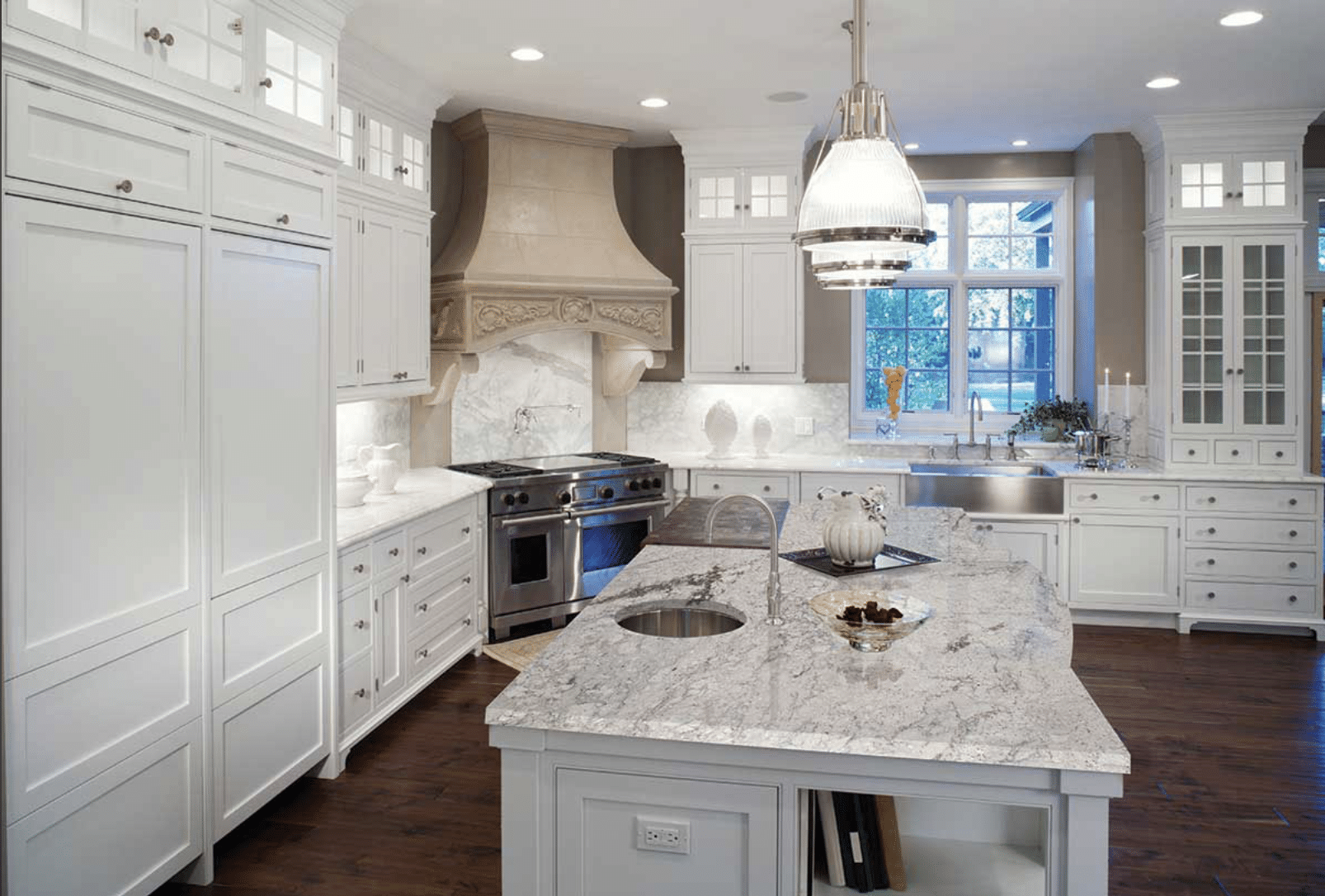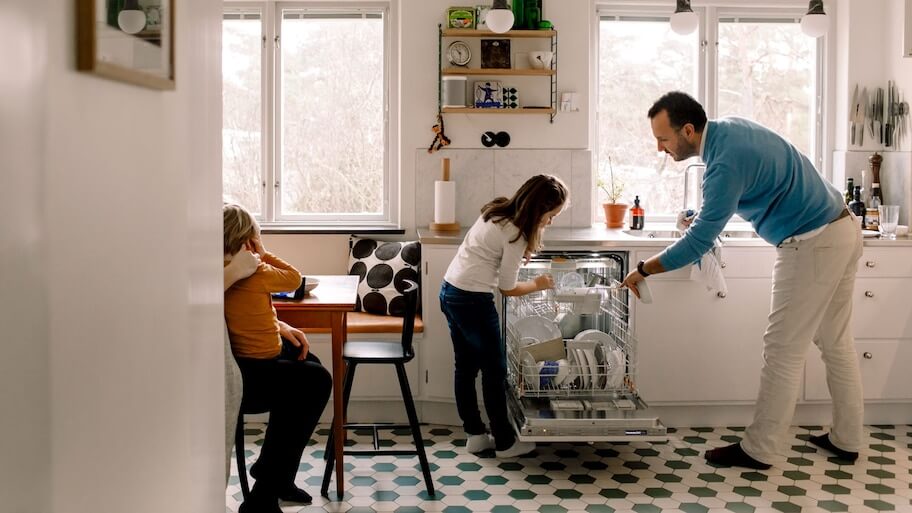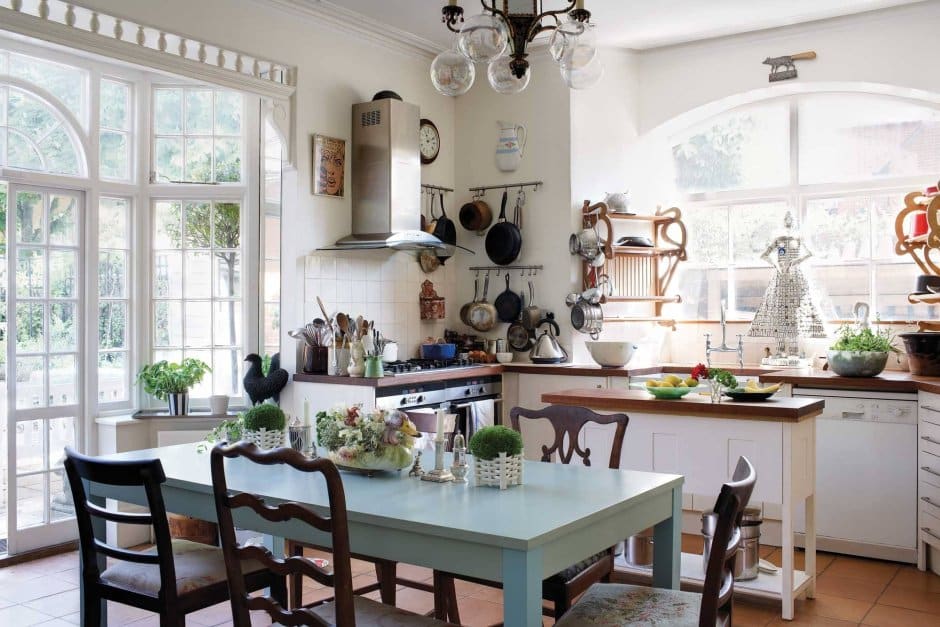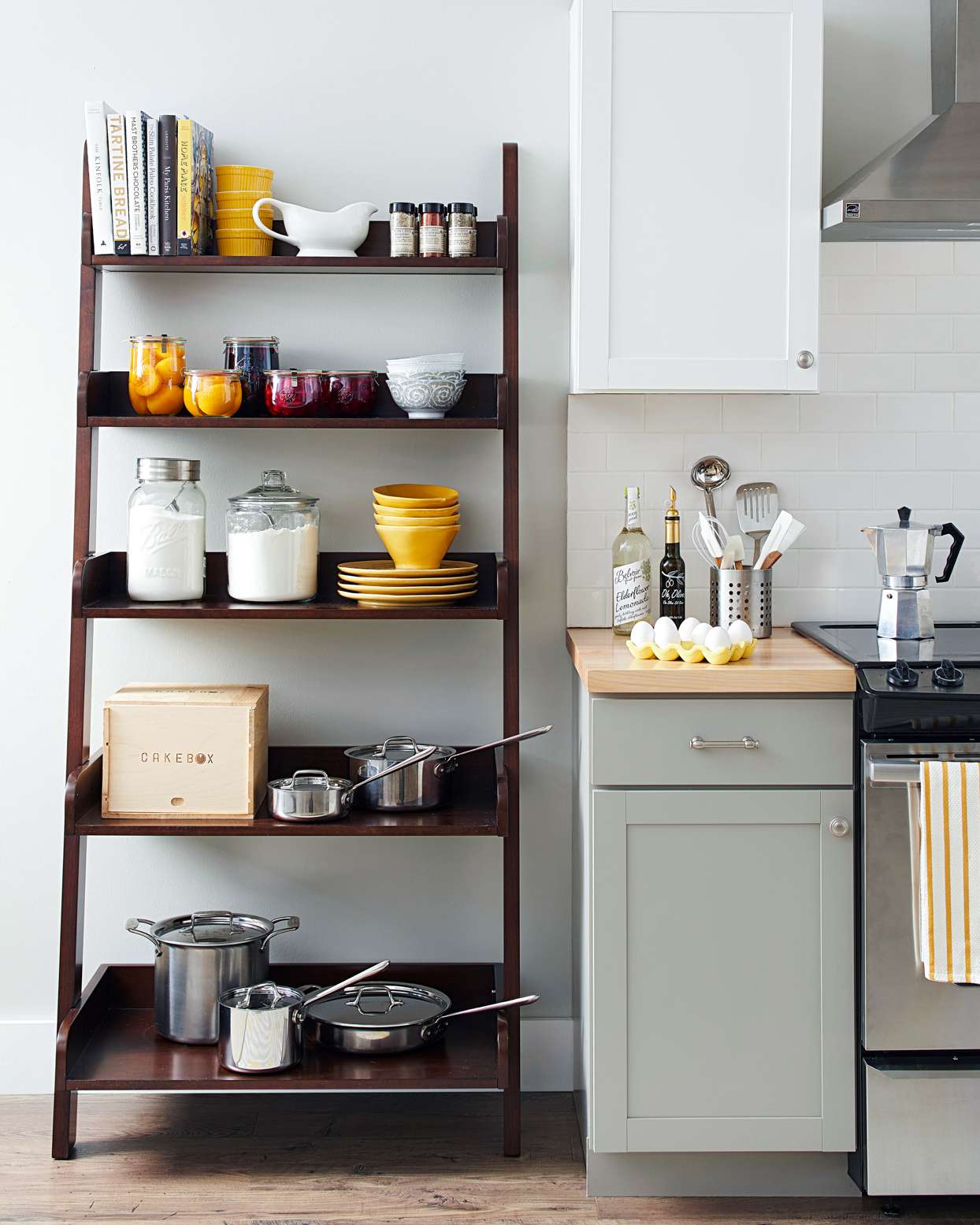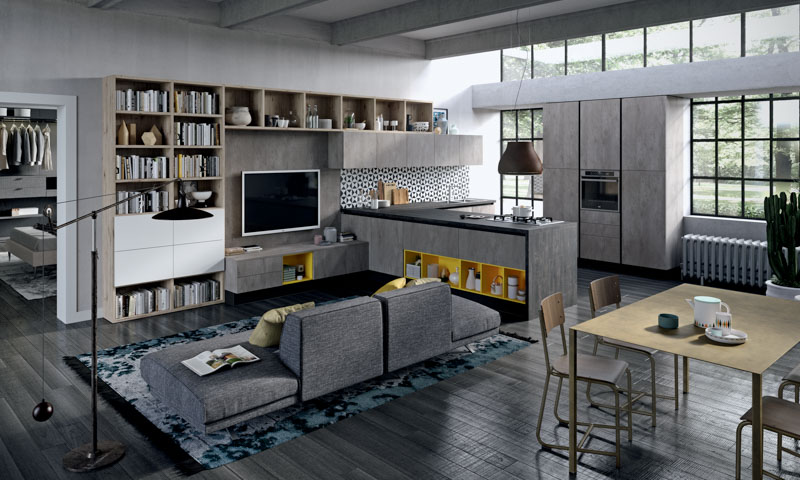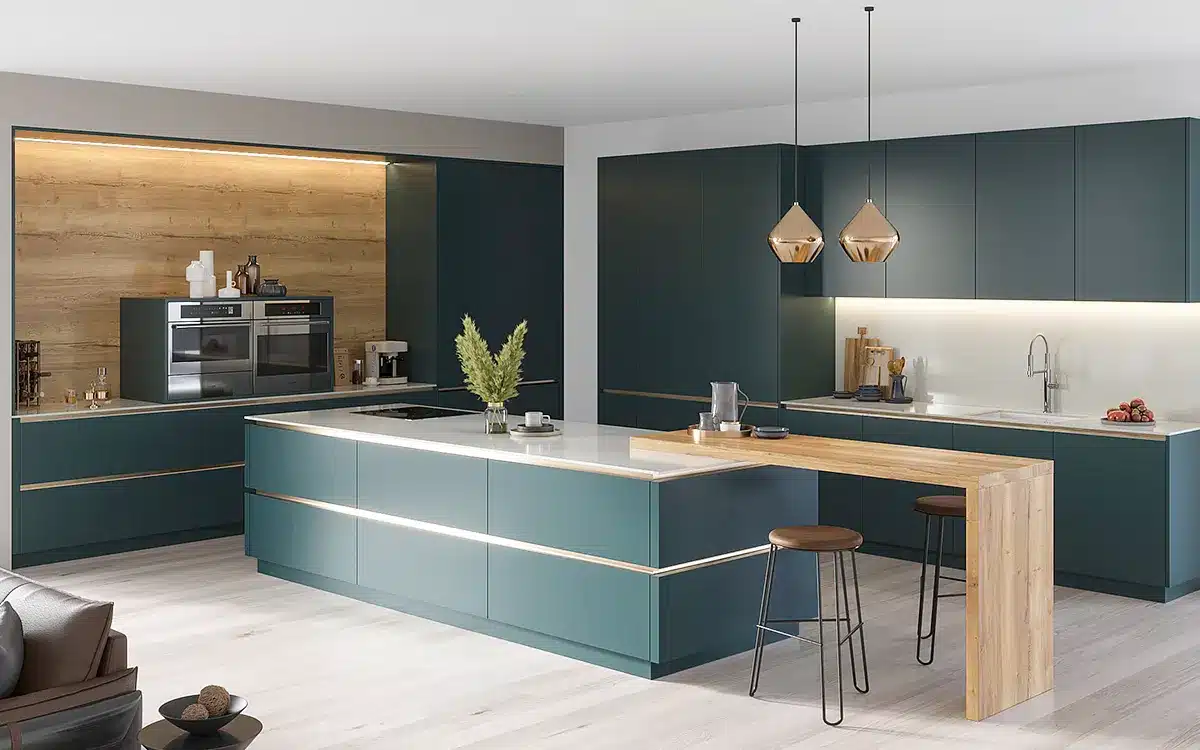Tile Countertops: The Pros and Cons for Your Kitchen
Ever thought of tiles beyond bathroom floors and kitchen backsplashes? Imagine a mosaic countertop – a trend that peaked in the ’70s and ’80s, but you can still find it in homes with an Arts and Crafts touch. Now, if you’re considering a fresh new tile counter, there are a few things to mull over. For sure, tiles can zing up your space with their patterns and textures.
But bear in mind that they’re not as sleek as your butcher-block or concrete options. Cleaning could be a bit of a chore, particularly those pesky grouts known for their porousness. So, if you’re contemplating a tile adventure for your countertop, let’s delve into the types, costs, and ups and downs you need to consider.
Different Types of Tile Countertops
So, you’re thinking about diving into the world of tile countertops? Well, lucky for you, there’s a ton of choice out there. Let’s get down to the nitty-gritty.
The Natural Stone Appeal
First up, we have our good friend, natural stone. Now, when I say “natural stone,” think granite, marble, or even slate. These guys are pretty popular, and for a good reason. They’re as tough as they come, holding up against scratches and heat like a champ. Plus, their natural patterns are just out of this world, giving your kitchen or bathroom a real shot of character. But remember, just like every superhero has their kryptonite, natural stone isn’t immune to staining. So, if you’re a bit of a messy cook, you might want to think twice!
Porcelain: The Tough Cookie
Next, let’s talk about porcelain. Now, you might be thinking: “Porcelain? Isn’t that the stuff they make toilets out of?” And yes, you’re right, but don’t let that fool you! This tough cookie is super resistant to stains, scratches, and heat. Plus, it comes in a variety of colours and patterns, so you can let your imagination run wild. But, just like with natural stone, there’s a bit of a downside. Porcelain tiles can chip, and when they do, they’re quite noticeable.
Mosaic: The Unique Option
Last but not least, we have mosaic tiles. These little guys are perfect for those who love to stand out and add a personal touch to their space. Mosaic countertops come in all shapes, sizes, and colours, so you can create a truly unique look. But beware – they’re not the easiest to clean as dirt and grime could easily get trapped in between the tiles. Plus, there’s a higher chance of chipping and cracking compared to larger tiles.
Cheap Tiles Online sells a wide variety of tiles for all your DIY needs. It’s important to purchase from a reputable seller to ensure the quality and durability of your tiles.
Pros of Tile Countertops
Now that you know your options, let’s focus on the positives. There are quite a few pros to choosing tile for your countertops, so let’s dive in!
- Durability: As mentioned before, both natural stone and porcelain are incredibly durable materials. They can withstand heat, scratches, and stains, making them a great long-term investment for your kitchen or bathroom.
- Variety: With so many options to choose from, you can truly customise the look of your countertop. From classic granite to bold mosaic patterns, there’s something for every style and taste.
- Cost-effective: Compared to other materials like quartz or marble, tiles are generally more budget-friendly. This makes them a great option for those looking to spruce up their space without breaking the bank.
- Easy installation: If you’re a fan of DIY projects, then tile countertops are perfect for you. With some basic tools and skills, you can easily install them yourself and save on labour costs.
Cons of Tile Countertops
But wait, there’s always two sides to a story. Let’s take a look at some of the potential downsides of choosing tile for your countertops.
- Cleaning: As mentioned before, cleaning grout can be quite the task. It requires regular maintenance and deep cleaning to prevent staining and buildup of dirt and grime.
- Chipping: While durable, tiles are still prone to chipping and cracking, especially in high-traffic areas. This can be an eyesore and may require repairs or replacements.
- Uneven surface: Due to the nature of tiles, it’s common for them to have slight variations in height and texture. This can make it difficult for some kitchen tasks, such as rolling out dough, and could potentially cause objects to tip over.
Conclusion
Tile countertops have their own set of pros and cons. They offer a wide variety of options in terms of materials, colours, and patterns, making them a great choice for those who want to add a personal touch to their space. However, they do require regular maintenance and may not be as sleek or seamless as other materials. Ultimately, it comes down to personal preference and your specific needs for your kitchen or bathroom. So, weigh the pros and cons and make an informed decision on whether tile countertops are right for you!

